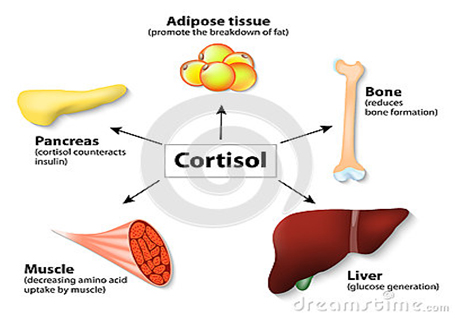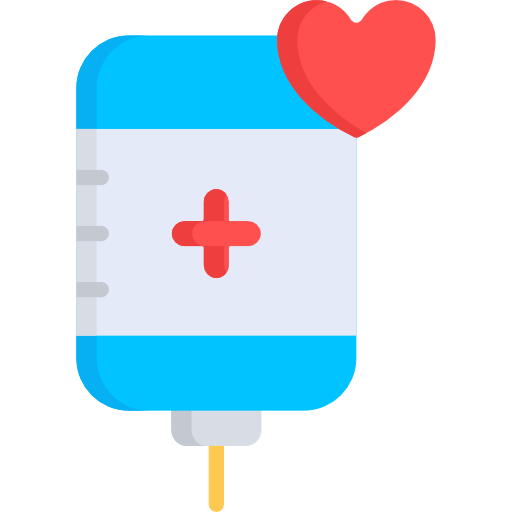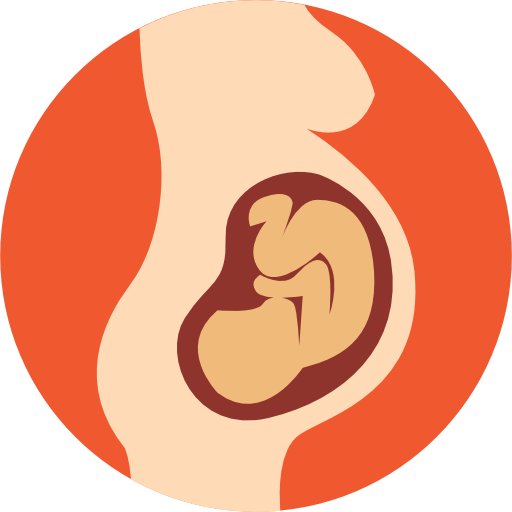EFFECT OF STRESS HORMONE ON WOMEN UNDERGOIN IVF PROCEDURES
Dr.Bhawna Singh Sishodia ,MSc (Biotech),PhD ( IVF Stress) and MBA (IBM).
Whether stress and infertility are linked as cause or consequences is unclear, and there is no consensus on the most appropriate methods for measuring stress in infertile women to address this question, we measured changes in biochemical based profiling and assesment of stress in infertile women .proliferative phase and preoperative serum prolactin and state anxiety score ,respectively all increased during stimulated IVF treatment .there was no such increase in a control group having similar laparoscopic surgery unrelated to infertility, or in women having unstimulated (IVF) treatment,or in women having stimulated IVF treatment laparoscopy, suggesting that that anxiety levels are greatest in stimulate IVF, increase as result of the treatment, and are adequately reflected by state anxiety scores.
A cortisol level test uses a blood sample to measure the level of cortisol present in your blood. Cortisol is a steroid hormone released by the adrenal glands. The adrenal glands sit on top of your kidneys. A cortisol level test may also be called a serum cortisol test.
CORTISOL LEVEL TEST
A cortisol level test uses a blood sample to measure the level of cortisol present in your blood. Cortisol is a steroid hormone released by the adrenal glands. The adrenal glands sit on top of your kidneys. A cortisol level test may also be called a serum cortisol test.
What is cortisol?
Cortisol is a steroid hormone produced by the adrenal glands. Whenever you experience something your body perceives as a threat, like a large dog barking at you, a chemical known as adrenocorticotropic hormone (ACTH) is released in your brain. This triggers your adrenal glands to release cortisol and adrenaline.
Cortisol is the main hormone involved in stress and the fight-or-flight response. This is a natural and protective response to a perceived threat or danger. Increased levels of cortisol result in a burst of new energy and strength.
In the fight-or-flight response, cortisol suppresses any functions that are unnecessary or detrimental to that response. During a fight-or-flight response, you can have:
- a rapid heart rate
- dry mouth
- stomach upset
- diarrhea
- panic
Cortisol release also:
- suppresses your growth processes suppresses your digestive system suppresses your reproductive system changes how your immune system responds
Why is the cortisol level test performed?
The cortisol level test is used to check if your cortisol production levels are either too high or too low. There are certain diseases, such as Addison’s disease and Cushing’s disease, which affect the amount of cortisol your adrenal glands produce. The test is used in the diagnosis of these diseases and as a way to assess the functioning of the adrenal and pituitary glands.
Cortisol plays a role in several systems in the body. These systems include:
- stress responses
- immune system
- nervous system
- circulatory system
- skeletal system
- the breakdown of proteins, fats, and carbohydrates
How is the cortisol level test done?
A blood sample is used to measure cortisol levels. Most blood samples are collected using this process:
- The flow of blood in the arm is stopped by wrapping an elastic band around your upper arm. This also causes the veins in your arm to become more visible, which makes it easier to insert the needle.
- Alcohol is used to clean the site on your skin where the needle will be inserted.
- The needle is inserted into the vein. This may cause a brief pinching or stinging sensation.
- Your blood is collected in a tube that’s attached to the needle. More than one tube may be needed.
- The elastic band is removed after enough blood has been collected.
- As the needle is removed from your skin, cotton or gauze is placed on the site of the needle insertion.
- Pressure is applied to the area using cotton or gauze. A bandage is used to secure the cotton or gauze.
Are there risks associated with the cortisol level test?
There are few risks associated with the cortisol level test. The test is done by taking a blood sample from your vein, which may result in some bruising at the site where the needle was inserted.
In rare cases, the following risks may be associated with having blood drawn from your vein:
- excessive bleeding
- an accumulation of blood beneath your skin, which is called a hematoma
- lightheadedness or fainting
- infection
How to prepare for the cortisol level test
Cortisol levels vary throughout the day, but they’re usually highest in the morning. Your doctor will usually request that the test is done in the morning for this reason. You don’t need to fast for a cortisol test.
There are certain drugs that affect cortisol levels. Your doctor may request that you not take these drugs before the test is done. Cortisol levels are sometimes increased by:
- drugs containing estrogen
- synthetic glucocorticoids, such as prednisone
- pregnancy
Cortisol levels are sometimes decreased by:
- drugs containing androgens
- phenytoin
Cortisol levels can also be affected by physical stress, emotional stress, and illness. This is due to the increased release of ACTH by the pituitary gland during the normal stress response.









